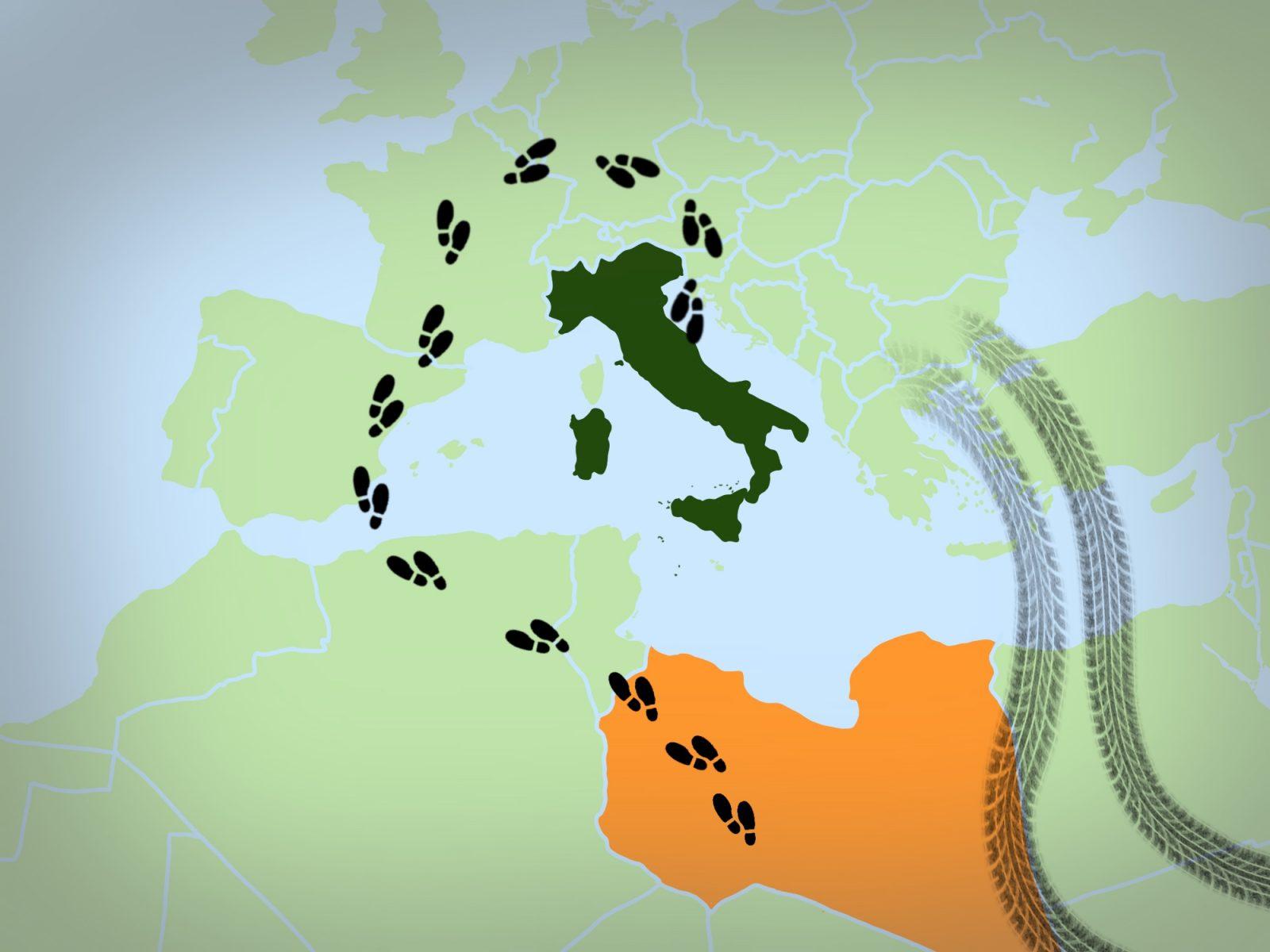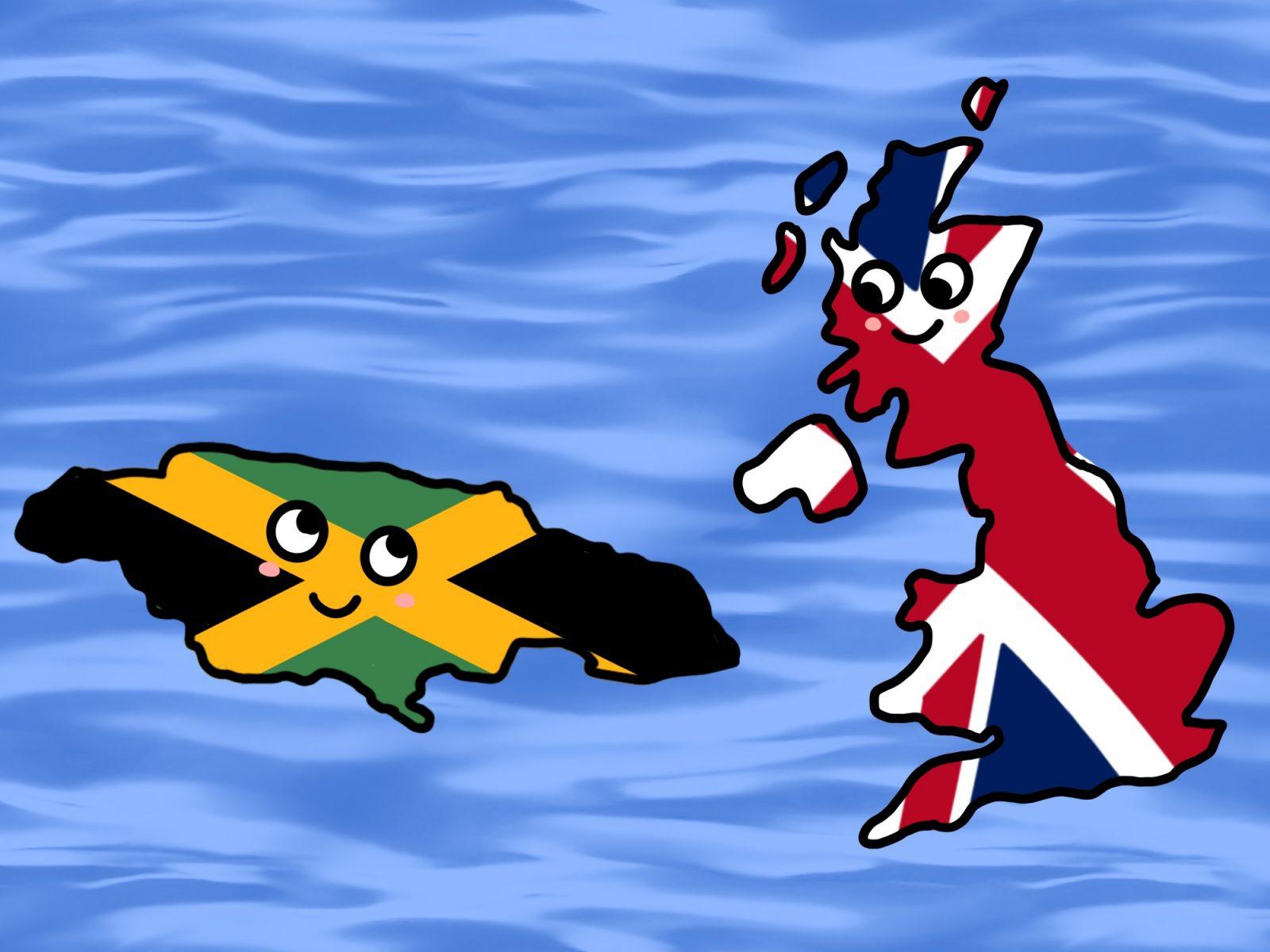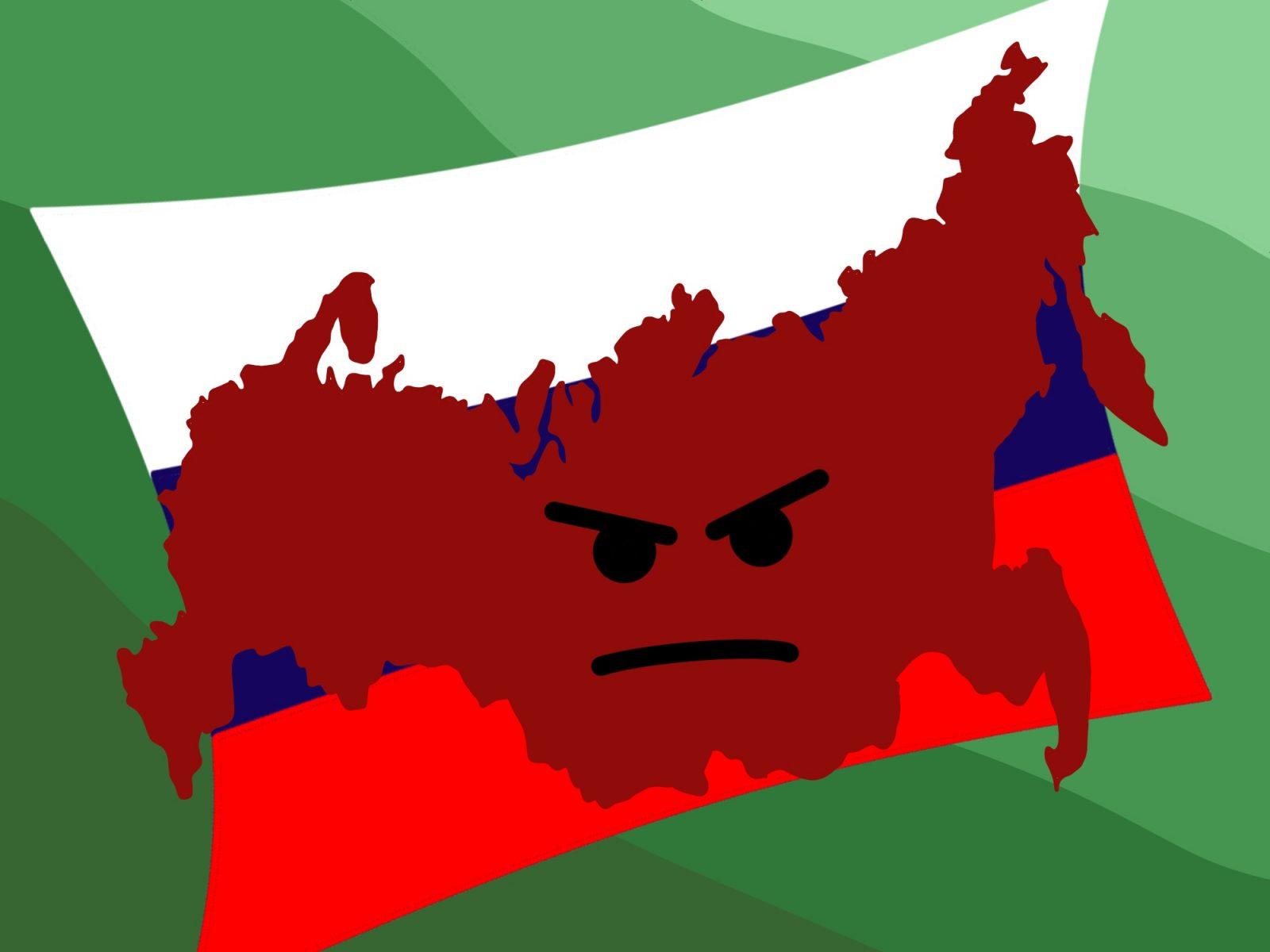
Chileans are taking another swing at the process of rewriting the nation’s constitution. In May 2023, they’ll vote in a nationwide election to choose 50 members of the provisional Constitutional Council.
The first wave of protests over the current constitution reached a crescendo when over a million people marched through the streets of Santiago on Oct. 25, 2019. Those dissenting called for reforms in the pension system, and a raise in minimum wage.
Most importantly, they argued for the formation of an independent judicial system for the Indigenous Mapuche — a group made the target of the ubiquitous debate in Chile about the nation’s fundamental law: its constitution.
The current constitution dates to 1980, when then-dictator Augusto Pinochet implemented it with the blessing of a dubious national referendum — and though this constitution has had numerous democratic amendments in the past decades— it is still under Pinochet’s constitutional frame.
Marred by systemic inequalities that critics claim were generated by privatizing many of Chile’s public services — the constitution’s days were soon to be numbered. In 2020, Chileans took to the ballot box and overwhelmingly demanded that a new constitution be drafted, with over 78% of voters approving a measure to begin the drafting process.
Despite the approbation for this measure, its ultimate product, the 2022 proposed constitution, was abjectly rejected in September 2022’s voter referendum. According to polling from Espacio Público, although Chileans appear to long for a new constitution, the finalized 2022 draft was perceived to be too progressive.
I would have to agree that the amendments make the constitution designed for the 21st century. The document contained a collection of enumerated rights, which included liberties as modern as the right to access of the “digital environment” and even clean air —which I surely believe would have made for a contemporary makeover of the Chilean legal system.
When asked by Chilean marketing firm and public opinion pollster Cadem in December of last year, one sample of 707 people across Chile reported that 36% were against a new Chilean constitution. Conversely, in January, another of 830 polled by Activa, another analytics firm, saw only 25.7% say they disagreed with the concept of a new constitution.
If these polls are true, then the embattled spirit of protest against the aging Pinochet regime laws is alive and well — despite the still-present support for the economic benefits to more affluent Chileans.
In such a pivotal election, the campaign has attracted all parties across Chile’s highly diverse political landscape, which now has divided into three major ideological coalitions.
Of the nominees, I personally think Boric is the one on the right path— but his win will prove very difficult due to opposition to a lot of his progressive policies. It would be best for a more left-leaning constitution to replace the current one which currently sits as one of the earliest entrenchments of modern neoliberalism in the world.
When asked by Cadem whether they approved or disapproved of the young and notably left-leaning President Boric’s performance, respondents signaled a 64% disapproval rating.
With Boric being one of the icons of Latin America’s recently resurgent left wing, this trend could signal a warning for those elected to the Constitutional Council against testing the bounds of Chile’s willingness to countenance an overly progressive constitution.
It seems that the nation’s appetite for change, while ravenous, appears more cautious of a leftist flavor.
The Chilean population remains active in seeking change. Since the start of protests in 2019, they have consistently maintained their demands for a more equitable constitution that would make basic necessities more accessible. Their goals, if met, would mark the beginning of a new, decidedly anti-neoliberal era in the nation’s history.
Through it all, despite immense disagreement over what its new constitution will look like, one thing is certain in Chile: the old still must go, and a new, fairer constitution must be reined in.


























































































































